First Nations Peoples whose first language is not English will be able to hear information about the Voice in
their own language as the Uluru Dialogue releases translated information about the Voice in 30 First Nations
languages.
The new translations complement existing translations of the Uluru Statement from the Heart.
Cobble Cobble woman and Uluru Dialogue Co-Chair Professor Megan Davis said it is critical First Nations
Peoples have an opportunity to hear about the Voice in their own language.
“This referendum is about improving the lives of First Nations Peoples, so it’s important that information is
provided in the many different First Nations languages.
“We have worked with translation services in Queensland, Western Australia and the Northern Territory to
translate information about the referendum, what the Voice is and encourage people in these communities to
vote.
“This referendum is about bringing the nation together, and First Nations Peoples in remote communities
across the country must have information in their own languages.
“It’s critical we reach as many First Nations Peoples as possible to ensure they are making informed decisions
about their vote.”
Alyawarre woman and Uluru Dialogue Co-Chair Pat Anderson AO said the audio recordings include
languages such as Walpri, Kunwinjku and Yolngu Matha in the Northern Territory, Kalaw Lagaw and Meriam
Mir in Queensland and Martu and Nyangumarta in Western Australia.
“Reaching First Nations Peoples in communities where English is not the first language can be a challenge
but must be an absolute priority for this referendum,” Ms Anderson said.
“That’s why we have commissioned these translations which will be distributed through First Nations radio
stations, community organisations and individuals in communities on the ground.
“Coupled with the translated Uluru Statement from the Heart, these translations will help raise awareness
about the referendum and the benefit of the Voice to all First Nations Peoples.
“It is often those in our remote communities whose voices are least heard in the halls in Canberra but who
have some of the greatest need for improvements in laws and polices made about them that a Voice will
provide.
“These translations, coupled with grassroots information sessions that have been occurring around the nation
over many months will ensure communities are armed with what they need to vote YES on referendum day.”


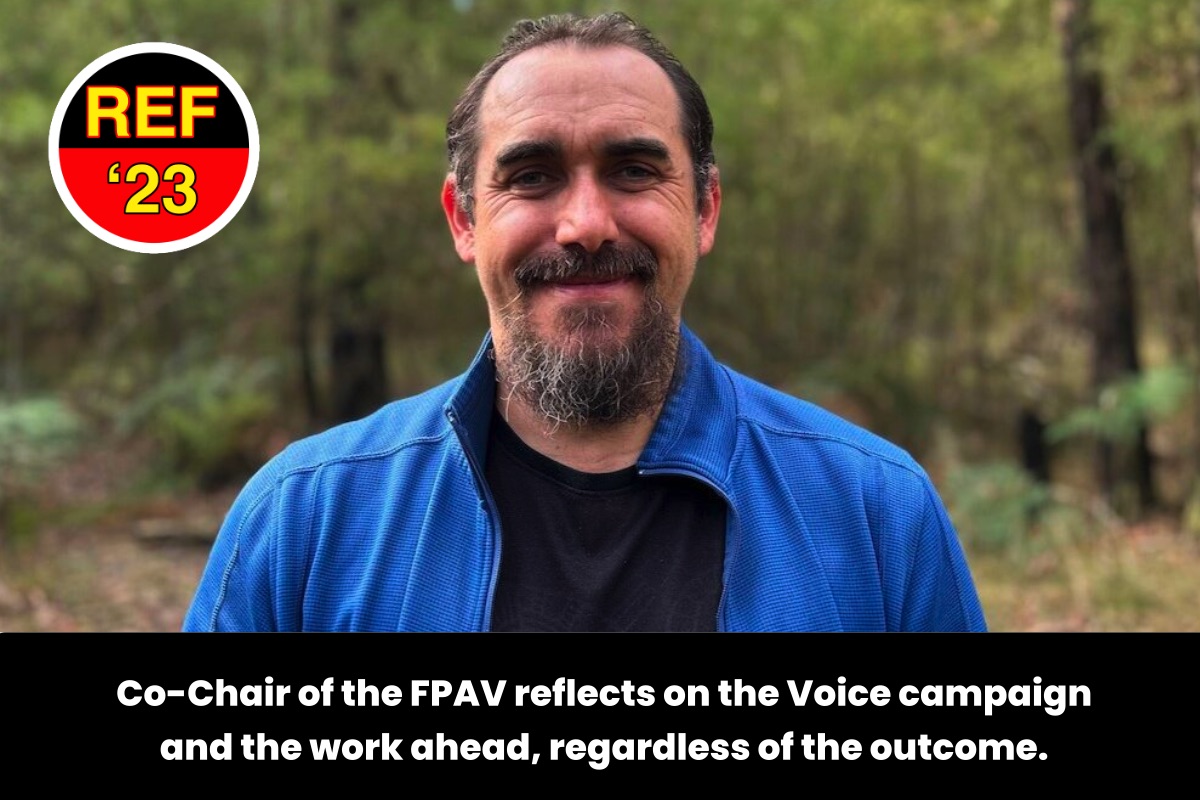
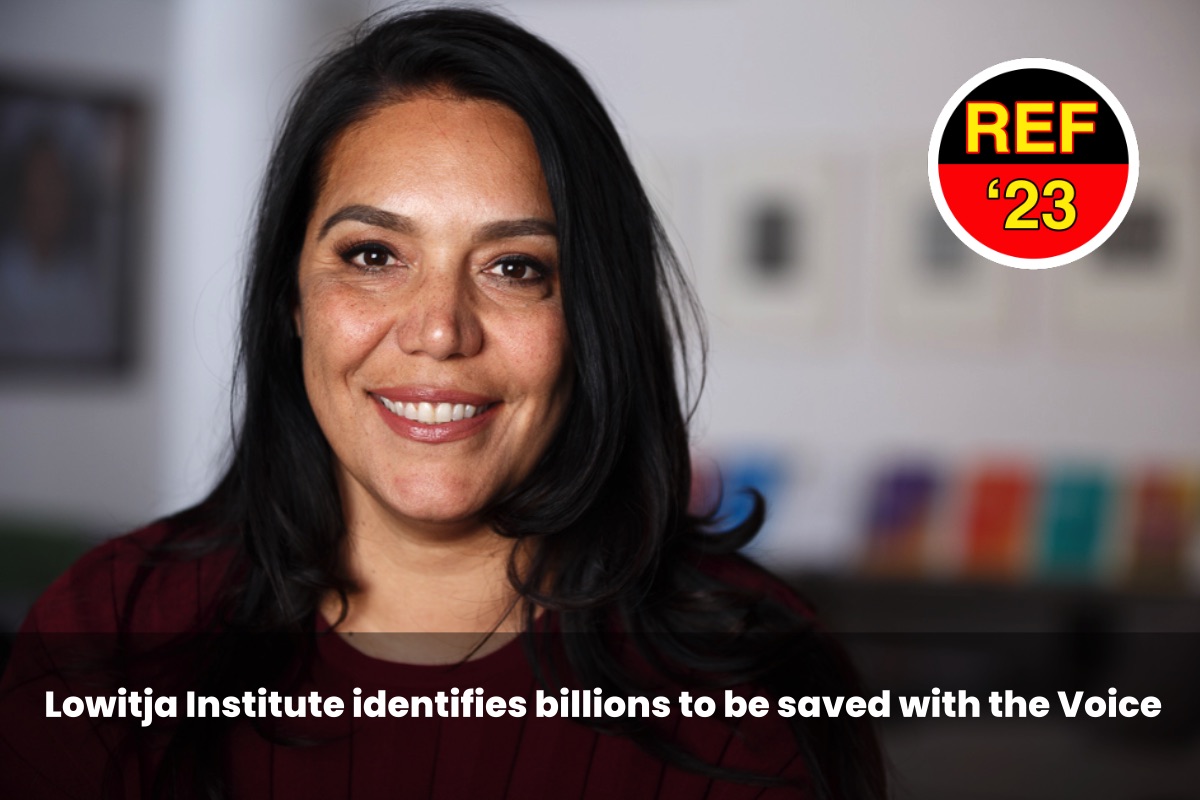
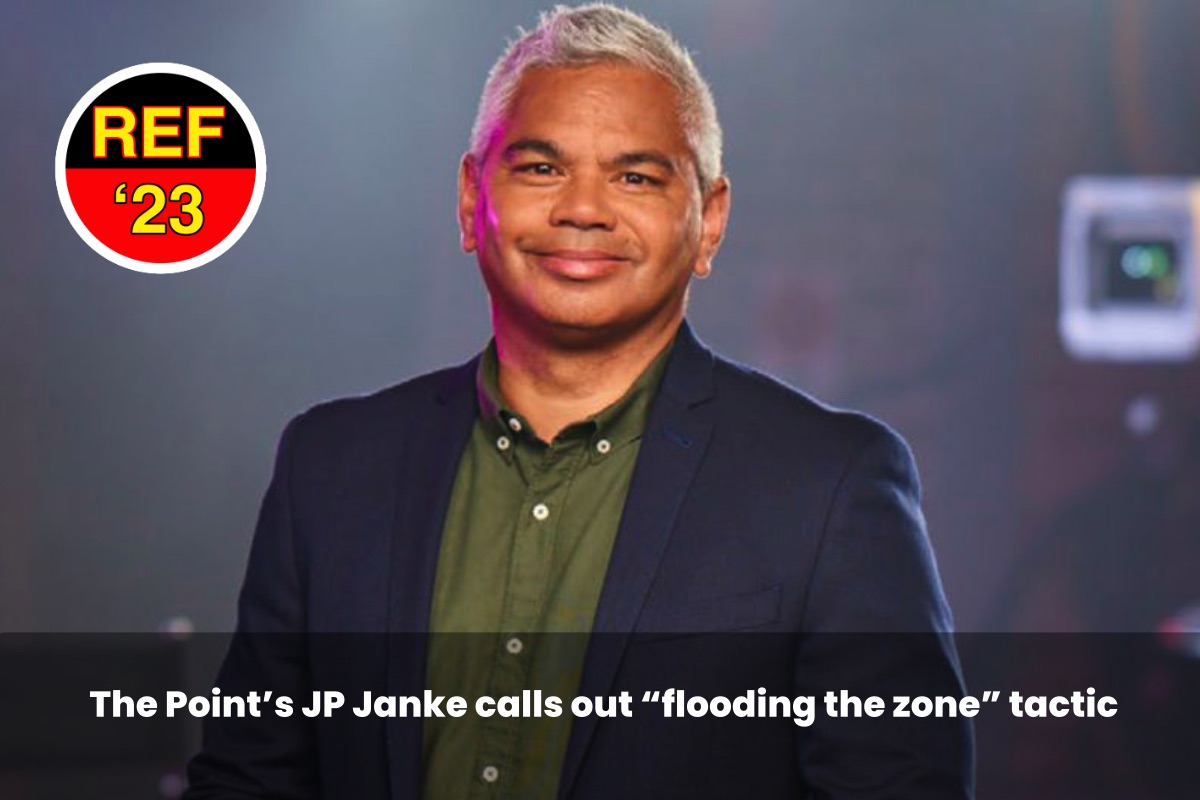
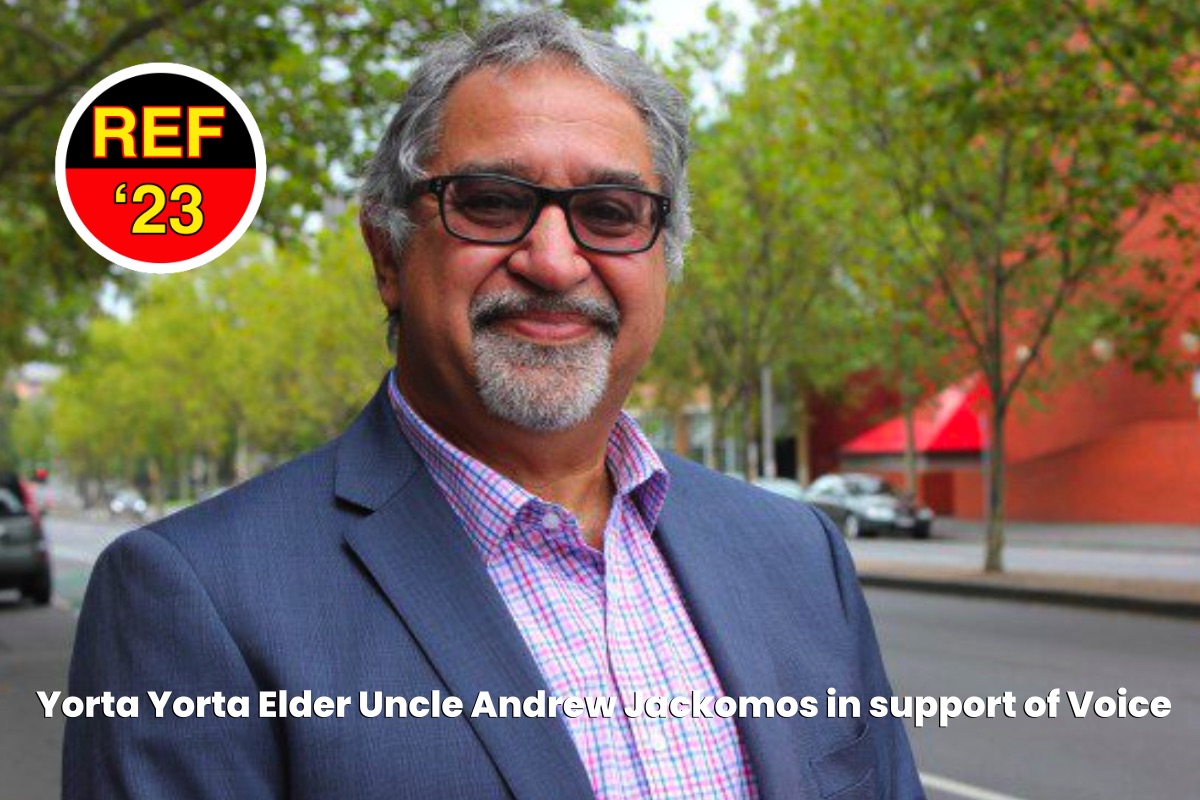
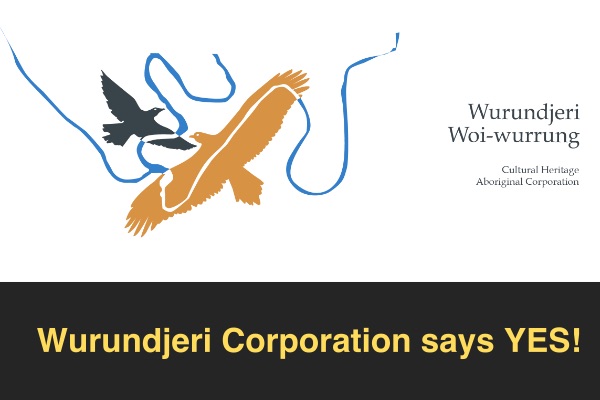

0 Comments